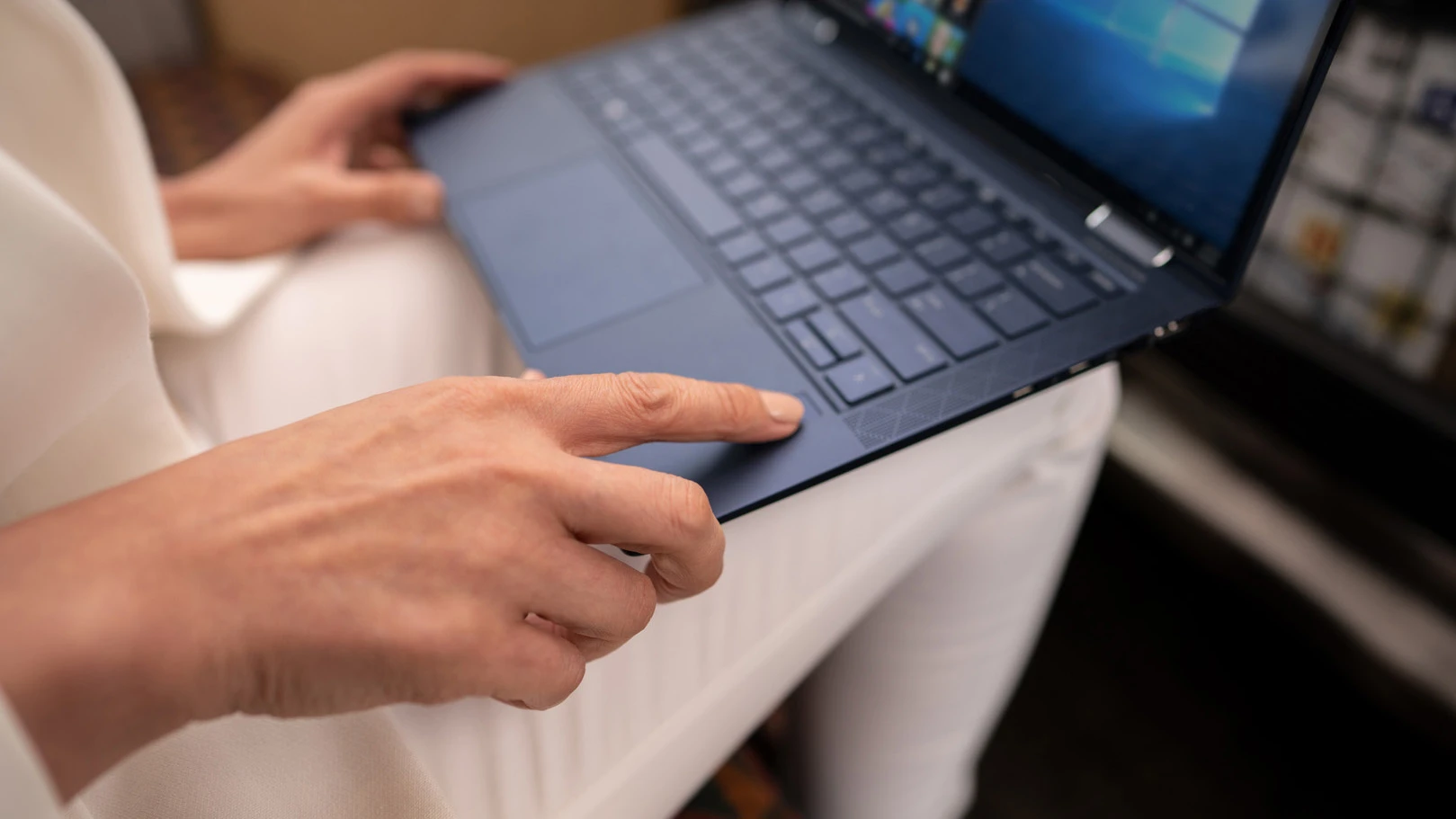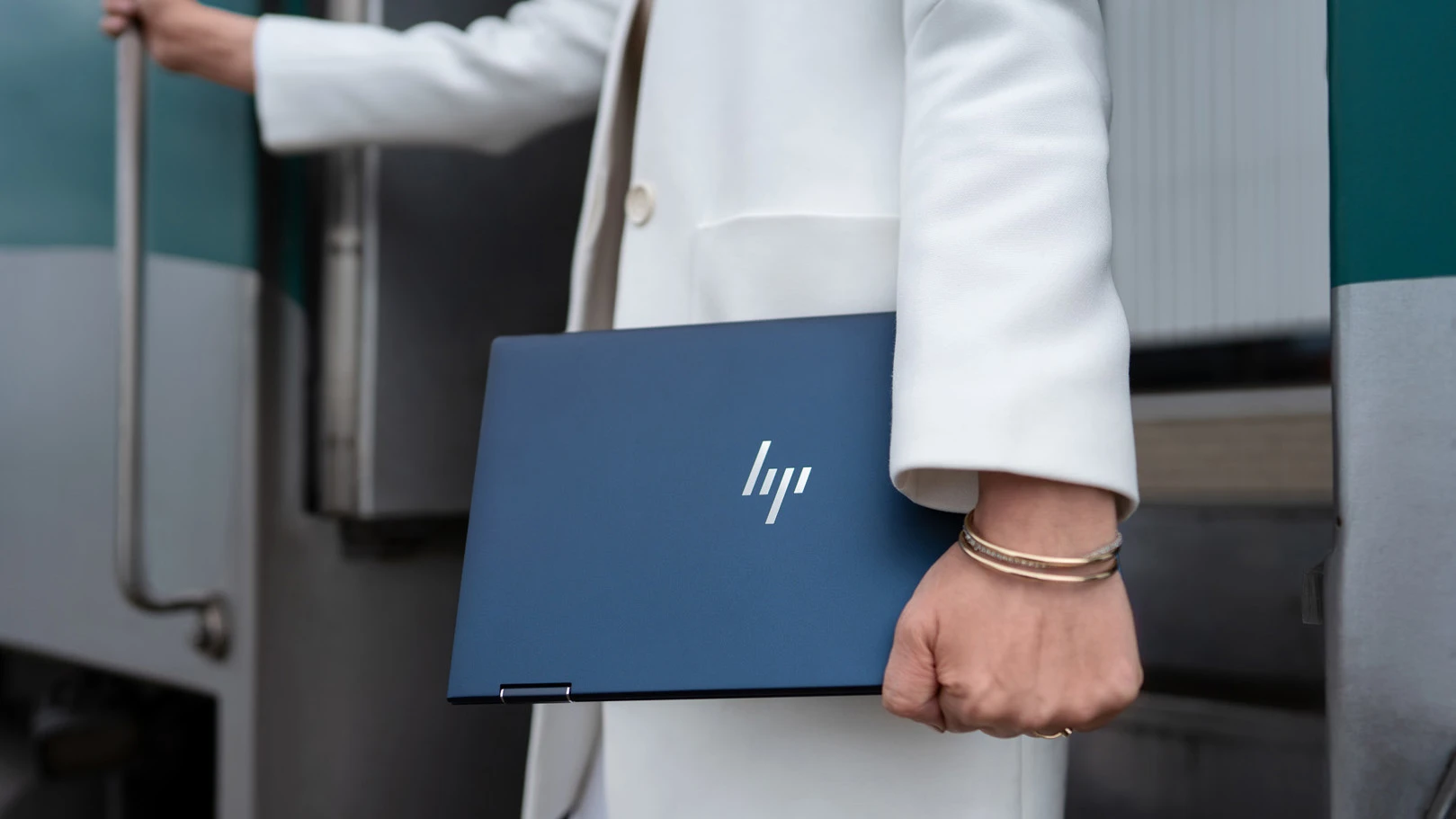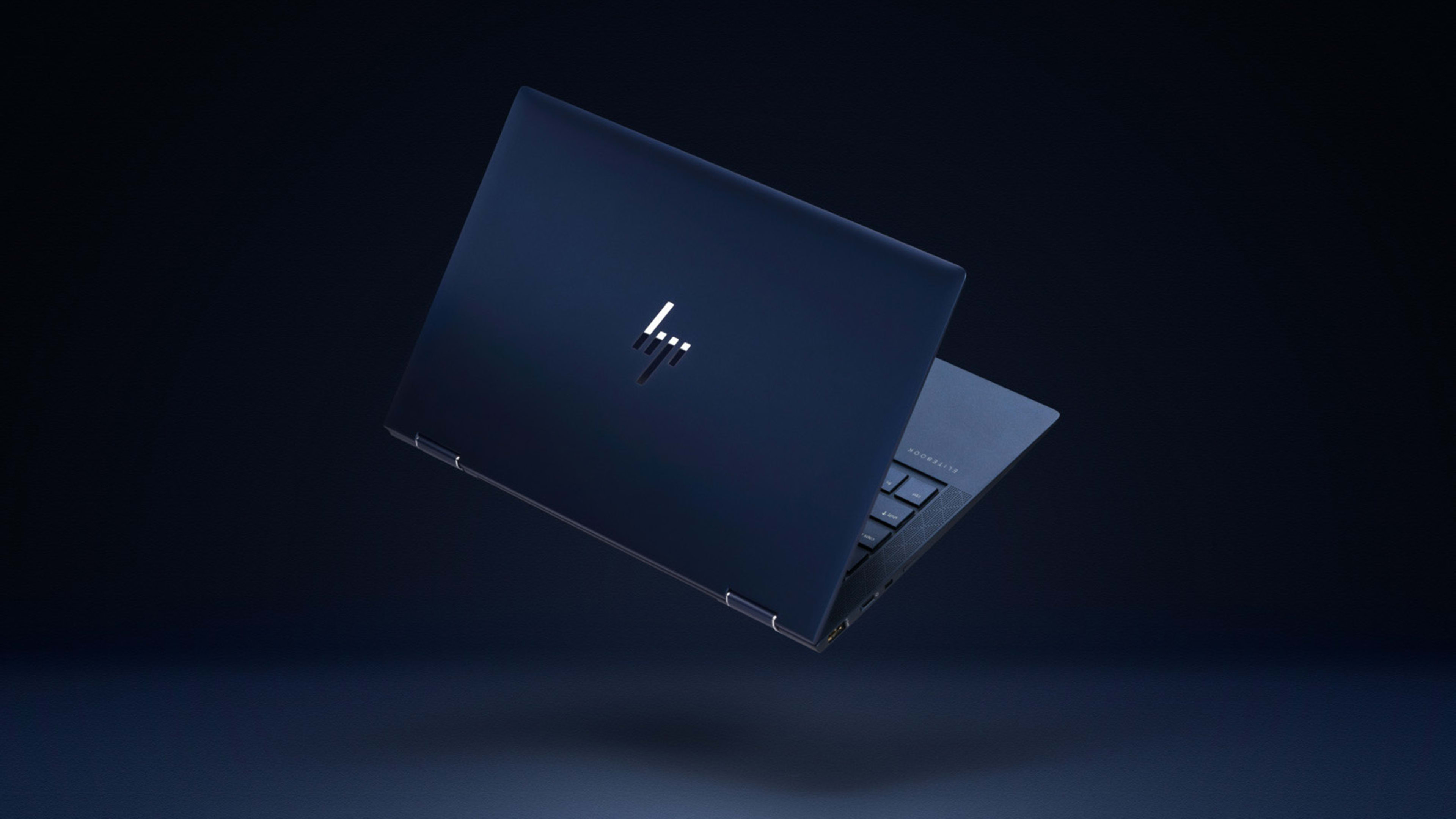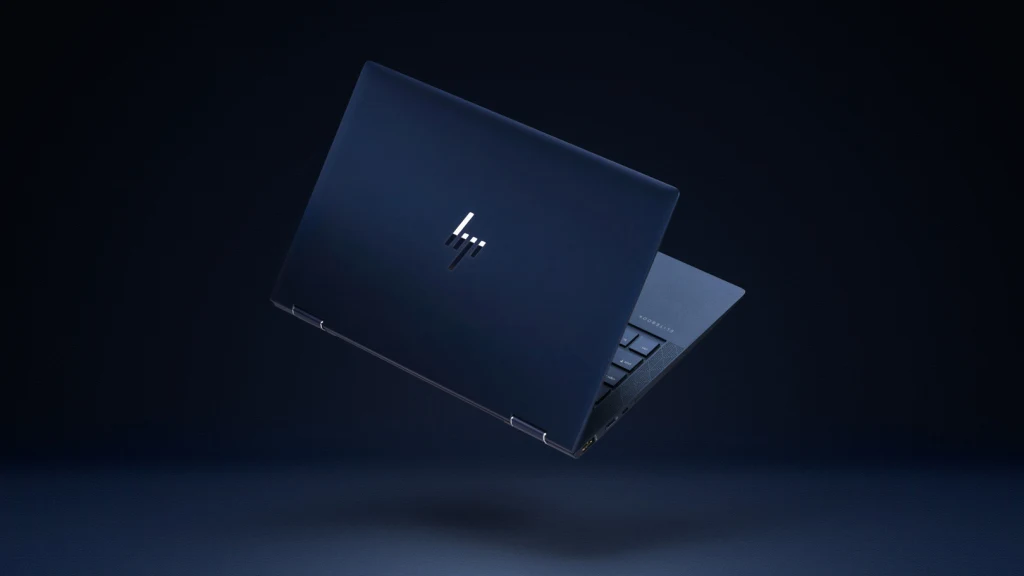Inside a new notebook computer from HP, one component uses a new material: a blend of ABS, a standard type of plastic in computers, and PET recycled from plastic bottles that could have otherwise ended up in the ocean.
The computer, the HP Elite Dragonfly, uses just a tiny amount of the ocean-bound plastic, recycled from litter collected in Haiti. The material is used in a speaker enclosure that’s made with 5% of the plastic (and 50% recycled plastic in total). But the notebook is the first computer to ever use any ocean-bound plastic at all, and one piece of the company’s larger efforts to make a dent in ocean plastic pollution. Since 2016, HP has sourced more than 35 million plastic bottles from Haiti to use in its products, beginning with ink cartridges, then a monitor using the new ABS-bottle-blend material, and now the notebook. In 2020, all new HP Elite and HP Pro desktop and notebook computers will incorporate the new composite material.

“It’s part of our view of moving to a circular economy and really reinventing our entire supply chain to support that effort,” says Ellen Jackowski, global head of sustainability strategy and innovation at HP. By 2025, the company plans to hit an interim goal of using 30% recycled plastic in its products, a target that it says will be challenging to achieve. “It’s difficult,” she says. “We’re not 100% sure how we’re going to get there. We just know we need to do it.”
Most of HP’s recycled plastic comes from more standard sources. But in Haiti, where local recycling infrastructure is nonexistent—and plastic bottles are often thrown on streets and in waterways, making it more likely that they eventually end up in the ocean—the company works with the First Mile Coalition, a nonprofit that hires local community members to collect plastic litter, and Thread, a social enterprise that works to find new uses for waste. The project creates jobs while addressing one source of the 8-million-plus metric tons of plastic that flows into the ocean each year around the world.

Internally, HP engineers work to figure out how to incorporate recycled bottles into products. The innovation of mixing the material with the durable ABS plastic is key, says Dune Ives, executive director of the nonprofit Lonely Whale, which runs a project called NextWave Plastics, a consortium of businesses working to grow the use of ocean-bound plastics. “We’ve always held this idea at Next Wave Plastics that as soon as someone cracks the ability to create a blended polymer of ABS with something that is readily available and tends to drift out into the ocean, then that’s the game changer to allow us to truly scale.”
Through NextWave Plastics, HP shares the lessons it’s learned about sourcing and using ocean-bound plastic with other companies. “This isn’t a problem that one company can solve alone,” says Jackowski. “We all need to be working in very different, much more open and transparent ways if we’re going to be solving problems like ocean plastic pollution and climate change.”
There’s still far more ocean-bound plastic than products that include it, even as more brands scale up their use. More demand is necessary to make the supply chain more efficient and drive down the cost so it can compete with cheap virgin plastic, says Ives. “The more companies that can get involved and really scale these up, then the more likely we are to really get the price parity across everyone’s initiatives and start seeing greater demand for what is now considered a waste product but truly has value,” says Ives.
Recognize your brand’s excellence by applying to this year’s Brands That Matter Awards before the early-rate deadline, May 3.




